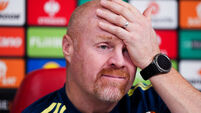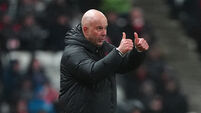It won’t be the same without him
In fact, he sets the tone that would define the next 25 years.
“This isn’t just a job to me,” the then 46-year-old proclaimed. “It’s a mission. I am deadly serious about it. Some people would reckon too serious. We will get there, believe me. And when it happens, life will change for Liverpool and everyone else — dramatically.”














